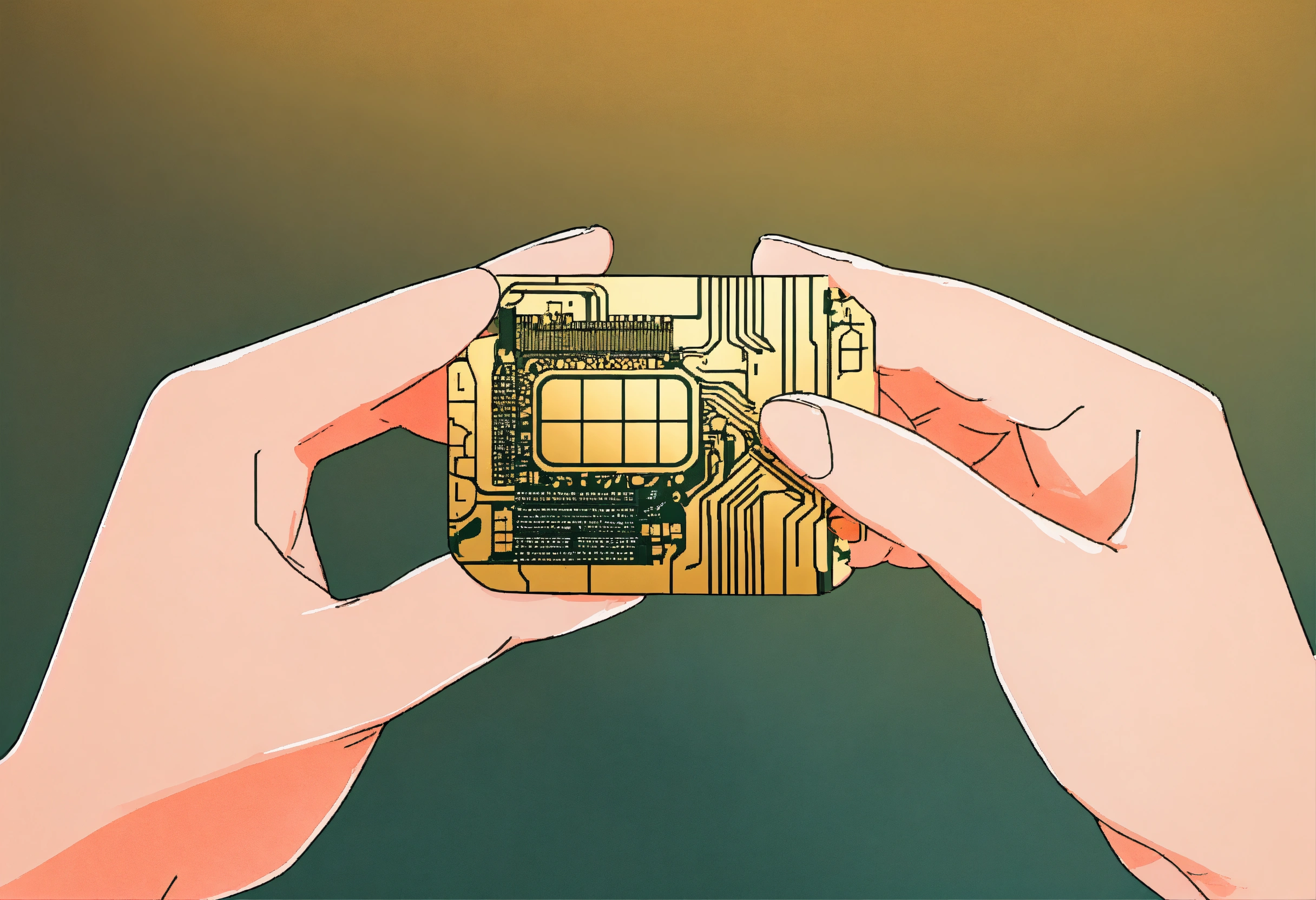You may have noticed the evolution of retail technology, and how RFID (Radio Frequency Identification) stands out as a powerful tool in transforming your shopping experience. While traditional barcodes have served their purpose for decades, RFID is rapidly becoming the gold standard in modern retail. This advanced technology is not only improving inventory management but also enhancing customer engagement and operational efficiency in ways you might not have imagined.
RFID technology uses electromagnetic fields to automatically identify and track tags attached to objects. These tags consist of a tiny chip and an antenna, allowing all items embedded with RFID tags to be scanned remotely using radio waves. This means that instead of having to manually scan each barcode individually, your favorite retailers can take a quick and efficient approach to check out and manage inventory, leading to a smoother shopping experience for you.
One of the primary advantages of RFID in retail is its ability to facilitate real-time inventory management. You know how frustrating it can be to find that the item you want is out of stock? With RFID, retailers can monitor their inventory levels continuously and accurately. You can expect improved stock availability and faster replenishment processes since RFID provides visibility into where items are located within the store or warehouse.
Another noteworthy impact of RFID technology is on the checkout process. Imagine being able to simply place your items on a counter and walk away without waiting in long lines. This innovative technology enables retailers to install RFID-enabled self-checkout systems that can charge you for multiple products with a single scan. Your transaction would be completed in seconds, significantly reducing your in-store waiting times and enhancing your shopping experience.
Moreover, RFID is helping retailers minimize loss prevention issues. Unlike barcodes that require a direct line of sight to scan, RFID tags can be read from various angles and even through packaging. This means more effective tracking of items and reducing theft. As a consumer, this translates to lower prices on your favorite products as retailers can keep their operational costs down.
RFID technology doesn’t just stop at inventory and loss prevention; it also plays a vital role in improving customer engagement. By analyzing data collected from RFID interactions, retailers can tailor their marketing strategies to match your preferences. From personalized promotions to targeted advertisements based on your purchase history, RFID opens the door for retailers to connect with you more effectively.
Looking toward the future, RFID is poised to become even more integrated into your shopping life. As the technology continues to advance, you can expect retailers to utilize RFID in ways that enhance personalization and convenience. By embracing RFID, the retail landscape is transforming, ultimately striving to create a more seamless and engaging shopping experience just for you.




